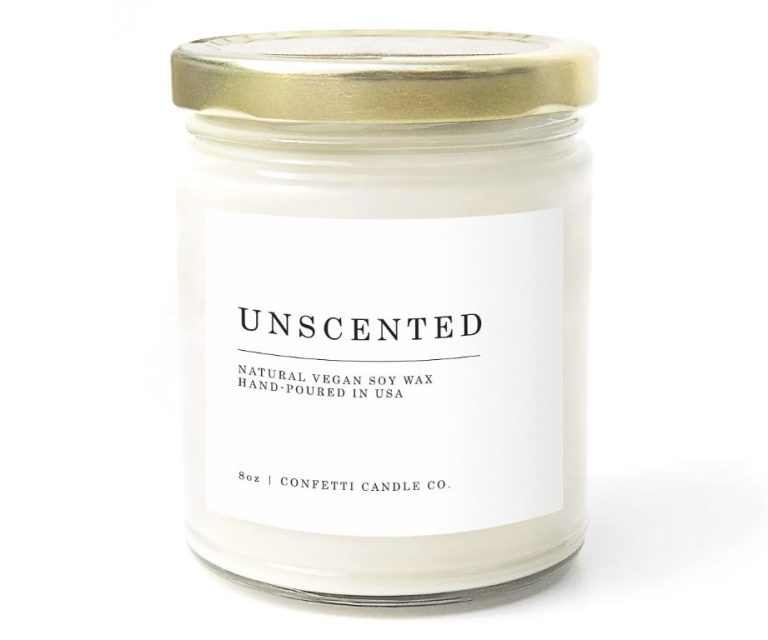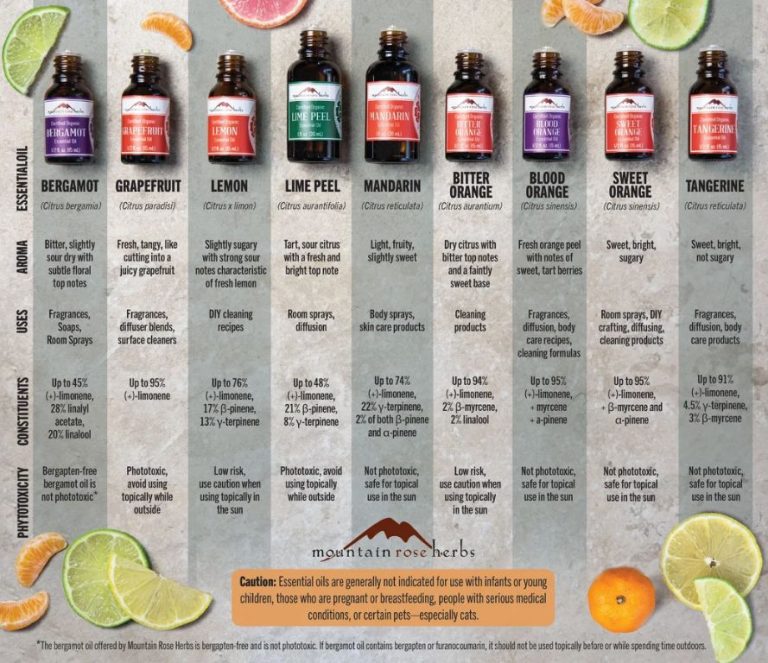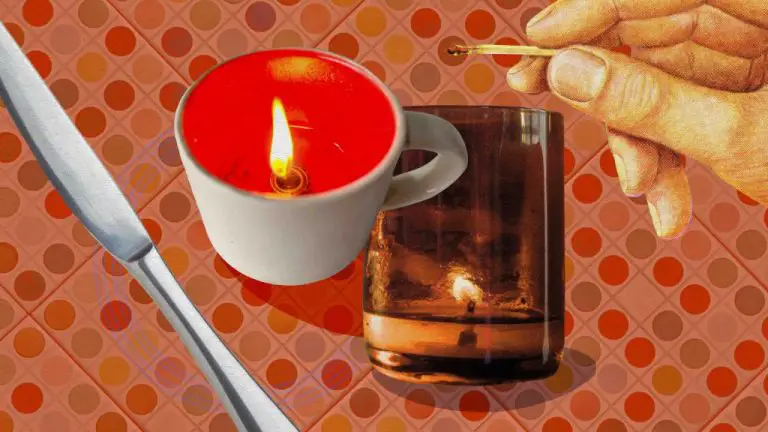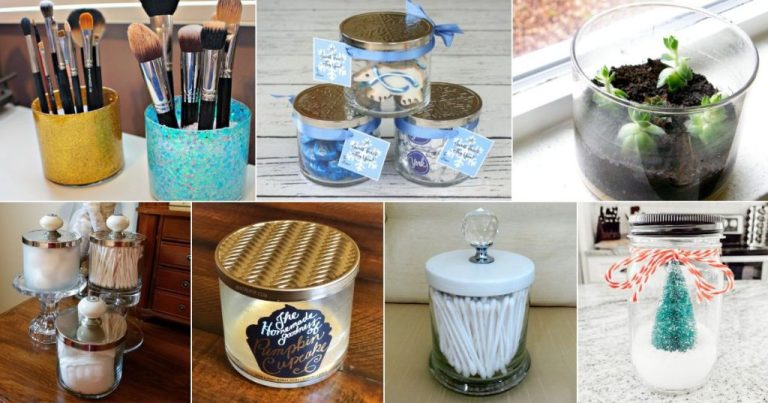How Long Are Essential Oils Good For Once Opened?
Essential oils are concentrated extracts derived from plants, including flowers, leaves, bark, roots, and other parts. They capture the natural smell, flavor, and therapeutic properties of the plant. Some of the most common essential oils include lavender, peppermint, tea tree, eucalyptus, lemon, and frankincense.
Essential oils have exploded in popularity in recent years. According to the market research firm Grand View Research, the global essential oils market size was valued at $23.74 billion in 2023 and is expected to grow at a CAGR of 7.6% from 2024 to 2030.
Essential oils are commonly used in aromatherapy, personal care products, cleaning products, and more. They are appreciated for their natural fragrance as well as their reported calming, uplifting, and purifying properties.
However, essential oils do not have an indefinite shelf life. Like other plant-based products, essential oils will eventually expire and degrade in quality over time. Understanding the shelf life of essential oils and how to extend it is important for preserving their potency and aroma.
Why Essential Oils Expire
Essential oils are made up of many natural compounds like terpenes and phenols. Over time, these compounds naturally degrade and break down through a process called oxidation. Oxidation causes the chemical composition of essential oils to change and the beneficial properties to be altered or lost completely1. This leads to a decline in potency, aroma, and therapeutic benefits the longer the oil is stored.
Light, heat, oxygen, and moisture all accelerate the oxidation process. Once enough oxidation has occurred, the oil is considered expired. Expired or oxidized oils not only lose their effectiveness, but they can also become undesirable or even harmful to use.
Shelf Life of Unopened Oils
The shelf life of unopened essential oils can vary quite a bit depending on the type of oil. However, there are some general guidelines for how long unopened oils will stay fresh:
- Citrus oils like lemon, orange, grapefruit, lime, and bergamot tend to have the shortest shelf lives around 1-2 years when stored properly.
- Other common essential oils like lavender, peppermint, frankincense, tea tree, eucalyptus, and rosemary will typically last 2-4 years when kept sealed in a cool, dark place.
- Thicker oils like sandalwood, patchouli, vetiver, cedarwood, and ylang ylang can have shelf lives over 4 years if stored correctly.
The key is keeping the oils sealed and away from light, heat, and oxygen exposure. Oils stored in dark glass bottles will maintain freshness longer than plastic bottles. Refrigeration can also help lengthen the shelf life of unopened essential oils.
According to Plant Therapy, properly stored essential oils can retain their therapeutic benefits “indefinitely” when kept sealed and protected from air/light. However, many suppliers and experts still recommend using unopened oils within 1-4 years for maximum potency.1
Factors Affecting Opened Oil Shelf Life
Once an essential oil bottle is opened, its shelf life begins to decrease due to exposure to environmental factors like light, heat, and air. According to research from The Tisserand Institute, these elements can cause the chemical compounds in essential oils to break down more rapidly, diminishing both their potency and beneficial properties over time
Light exposure is one of the biggest culprits in speeding up oil degradation. UV rays from natural and artificial light can interact with the plant molecules in essential oils, causing them to oxidize and lose their integrity. For this reason, it’s recommended to store opened essential oil bottles away from direct light in dark glass or plastic containers. Keeping them in cool, dark places like cabinets helps preserve freshness (Learn Aroma).
Heat also accelerates the evaporation and chemical breakdown of essential oil compounds. High temperatures compromise the volatile aromatic molecules, so avoiding heat sources like stovetops, heating vents, or hot cars helps retain an oil’s composition for longer. Ideal storage is in a stable environment between 50-80°F
Lastly, exposure to air introduces more oxygen molecules which can react negatively with the complex chemistry of essential oils. Each time a bottle is opened, the oxygen interaction increases, so limiting access and keeping lids tightly sealed also extends shelf life. Smaller bottles that take less time to use up are best to minimize air contact over time.
How to Extend Shelf Life
Proper storage is key for extending the shelf life of essential oils once opened. Oils should be kept in small, dark glass bottles and stored in a cool, dark place like a pantry or cupboard. Light, heat, and oxygen cause essential oils to oxidize faster.
Pouring oils into smaller bottles reduces the amount of air exposure each time the bottle is opened. Dark glass blocks light from entering the bottle. And cooler temperatures help slow down the oxidation process. An ideal storage temperature is 50-70°F.
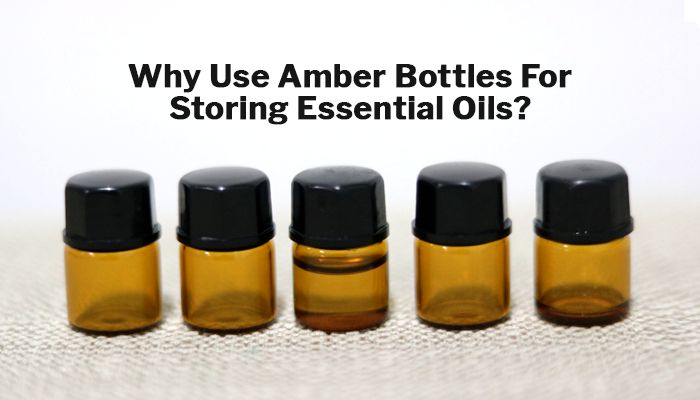
Certain oils are more prone to oxidation, like citrus oils. But proper storage can help extend their shelf life by 1-2 years. Frankincense, pine, and spruce oils also last longer when stored in ideal conditions.
According to research from Young Living, their essential oils stored properly in Utah can last 2-5 years. But that time frame will be shorter in hotter, more humid climates. Checking for signs of expiration regularly will ensure you get the most longevity from each bottle.
Signs Your Oils Have Expired
There are a few key signs that indicate your essential oils may have expired and gone bad:
Change in Smell: A rancid, sour, or unpleasant smell is a clear sign your oil has expired. Essential oils should retain their characteristic aroma. If the smell has changed or diminished, it’s time to toss the oil.
Change in Color: Some oils can change color over time as they oxidize and degrade. For example, clear oils may turn cloudy or darker. If you notice a pronounced color change, the oil is past its prime.
Change in Texture: Expired oils often get thicker and take on a gum-like texture. Healthy essential oils should retain their viscosity. Increased thickness signals instability and breakdown of the oil molecules.
Reduced Effectiveness: If you notice an essential oil is no longer providing its expected benefits, it likely has degraded over time. Oils lose their potency and efficacy as they expire.
Safety Concerns with Expired Oils
Using expired essential oils can lead to increased safety risks and health issues. The oxidation process that causes essential oils to expire can produce certain chemicals that may irritate the skin, eyes, and mucous membranes according to one source (https://www.discovermagazine.com/health/do-essential-oils-expire).
Many expired essential oils are more likely to cause allergic reactions and skin irritation. Rancid oils contain free radicals that can damage skin cells. One study found that oxidized lavender oil was cytotoxic and killed skin cells (https://www.ncbi.nlm.nih.gov/pmc/articles/PMC4041990/).
Using degraded oils increases the risks of skin sensitization. The chemical changes in the expired oil’s composition make allergic reactions more likely. Oils past their shelf life should be properly disposed of to avoid negative health effects.
When to Toss Old Oils
It’s generally recommended to toss essential oils 1-2 years after opening them. The shelf life depends on proper storage and the type of oil, but most oils start deteriorating in quality after being opened for 12-24 months.
According to AromaWeb, an essential oil reference site, “Once opened, the oxygenation and evaporation of constituents begin and the clock ticks more rapidly on an essential oil’s demise” (source).
So while unopened oils may technically last for several years, their shelf life shortens dramatically after exposure to air. It’s best to use opened bottles of essential oils within 1-2 years.
Certain volatile oils like citrus, conifer, and eucalyptus deteriorate faster than other types. But as a general rule, aim to use up opened essential oils within 24 months.
Check for signs of expiration like fading color or aroma, sediment, and reduced efficacy before the 2-year mark. And store oils properly in cool, dark places to help prolong their shelf life.
Alternatives to Tossing
Instead of throwing away expired essential oils, there are many safe, non-therapeutic ways to repurpose them. This allows you to avoid waste and get the most out of your oils, even when they are past their prime for aromatherapy uses.
Some ways to repurpose expired essential oils include:
- Use as natural cleaners and disinfectants around the home. Expired citrus and mint oils work well for cleaning countertops, sinks, appliances, etc. The antimicrobial properties remain even when the aroma fades. Just add a few drops to a spray bottle filled with water or vinegar. [1]
- Freshen up the fridge, garbage cans, or other areas prone to odors by putting a couple drops on a cotton ball inside. Tea tree, lemon, and orange oils help combat bad smells. [2]
- Repel insects and rodents by applying around cracks, doorways, and other access points. Eucalyptus, peppermint, citronella and lemongrass work well for this purpose.
- Use in homemade all-natural beauty products like sugar scrubs. Expired oils still provide scent and other skin benefits.
Always label expired oils as “for external use only” and avoid skin contact or ingestion when repurposing. Store them separately from unexpired oils to prevent confusion. With some creativity, you can get the most longevity out of your essential oil investment.
Key Takeaways
The shelf life of essential oils can vary greatly depending on whether the bottle is opened or unopened. Unopened oils can last 1-2 years or longer if stored properly. Once opened, most essential oils will last 6-24 months.
Proper storage is critical for maximizing shelf life. Oils should be kept in dark, cool places and tightly sealed. Exposure to light, heat, and oxygen will cause them to degrade faster.
Signs that oils have expired include fading color, diminished smell, increased viscosity, and separation in the bottle. Rancid, musty odors are a definite sign it has gone bad.
While using expired oils may not be as effective, the biggest concern is skin irritation or allergic reactions. Toss oils that have changed in smell, color, or texture.
With proper storage techniques, most opened essential oils can be safely used for over a year past the expiration date. Pay attention to signs of degradation and always do a skin test first.

